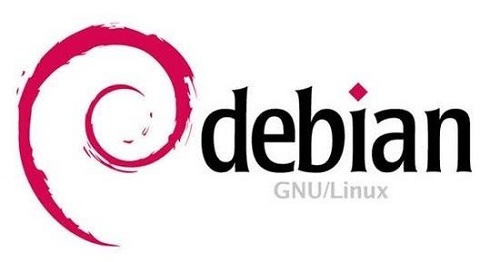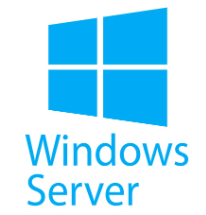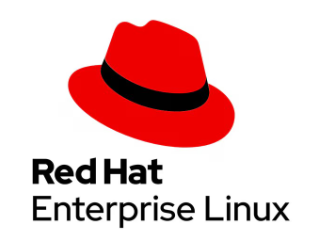Help Center
Discover the latest user guides and tutorials.
How to Choose a Server Operating System?
2025-11-05 13:31:57 server
Many people struggle with choosing an operating system when purchasing a server. Today, I'll introduce eight mainstream server operating systems, highlighting their pros and cons, and provide their official websites to help you understand and choose the right one.
Ubuntu Server

Pros:
Extensive Community Support and Rich Documentation: Ubuntu Server has an active developer and user community, making it easy for both beginners and experienced developers to find resources to solve problems.
Powerful Software Repository: Through the APT package manager, users can easily install and update thousands of software packages.
Regular Updates and Long-Term Support (LTS) Versions: Ubuntu Server offers updates every six months and LTS versions every two years, ensuring system security and stability.
Cons:
Performance Overhead: Compared to some more customized operating systems, Ubuntu Server may have higher performance overhead.
Official Website: https://ubuntu.com/server
CentOS

Pros:
Enterprise-Level Stability: As a free alternative to Red Hat Enterprise Linux (RHEL), CentOS provides nearly the same stability and security, making it suitable for enterprise environments.
Free to Use: For users or businesses with limited budgets, CentOS is a cost-effective choice.
Cons:
Lower Update Frequency: Compared to other operating systems, CentOS has a lower update frequency, which may result in outdated software packages.
Official Website: https://www.centos.org
Debian

Pros:
Stable and Secure: Debian is known for its excellent stability and security, making it suitable for critical applications that require long-term operation.
Vast Software Repository: Debian's software repository is very rich, and almost all required software and tools can be found.
Cons:
Long Update Cycle: Debian's stable version has a long update cycle, and new software is deployed slower.
Official Website: https://www.debian.org
Fedora Server

Pros:
Latest Software and Technologies: Fedora Server is one of the first operating systems to adopt new technologies, making it suitable for users who pursue the latest software features and technologies.
Strong Developer Community: Thanks to its close relationship with Red Hat, Fedora has strong community support.
Cons:
Short Lifespan: Fedora has a higher update frequency, and the support cycle for each version is relatively short.
Official Website: https://getfedora.org/en/server
Windows Server

Pros:
Strong Compatibility: For enterprises running Windows applications, Windows Server provides unparalleled compatibility and integration.
Powerful User Interface: Compared to most Linux distributions, Windows Server provides a more intuitive and user-friendly graphical user interface.
Cons:
Higher Cost: Compared to free Linux operating systems, Windows Server has higher licensing fees.
Official Website: https://www.microsoft.com/en-us/windows-server
Red Hat Enterprise Linux (RHEL)

Pros:
Enterprise-Level Support and Stability: RHEL provides comprehensive commercial support, making it suitable for enterprise-level applications and environments.
Wide Software Compatibility: Thanks to its extensive market share, RHEL enjoys good software support and compatibility.
Cons:
High Cost: RHEL requires purchasing a subscription service, which may be a burden for users with limited budgets.
Official Website: https://www.redhat.com/en/technologies/linux-platforms/enterprise-linux
SUSE Linux Enterprise Server (SLES)

Pros:
Enterprise-Level Stability and Support: SLES provides commercial-grade support, making it suitable for hosting important business applications.
Powerful Management Tools: SLES provides a series of powerful management and configuration tools, simplifying system management tasks.
Cons:
Cost Issues: Similar to RHEL, SLES is also based on a subscription model and requires paying corresponding fees.
Official Website: https://www.suse.com/products/server
Arch Linux

Pros:
Rolling Updates: Arch Linux adopts a rolling update model, allowing users to get the latest software versions at any time.
Flexibility and Customizability: For users who like to tinker and need a highly customizable system, Arch Linux is an excellent choice.
Cons:
Steep Learning Curve: For Linux beginners, installing and configuring Arch Linux may be relatively complex.
Official Website: https://www.archlinux.org
When choosing a server operating system, you need to consider your needs, as well as the material and style of the "clothing." Each operating system has its unique advantages and limitations. It is recommended that you carefully evaluate your needs and resources, compare the characteristics of each operating system, and visit their official websites for more information before making the most suitable choice for yourself. Remember, what suits you best is the best.